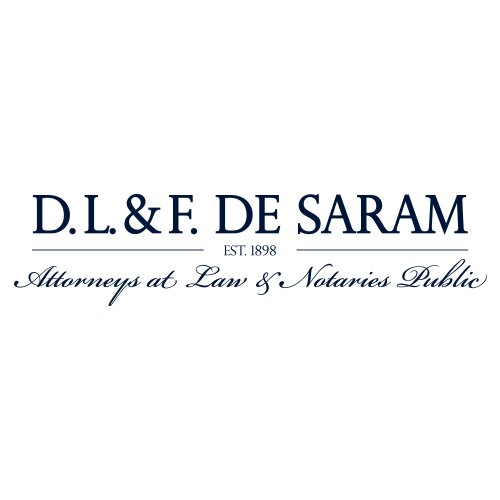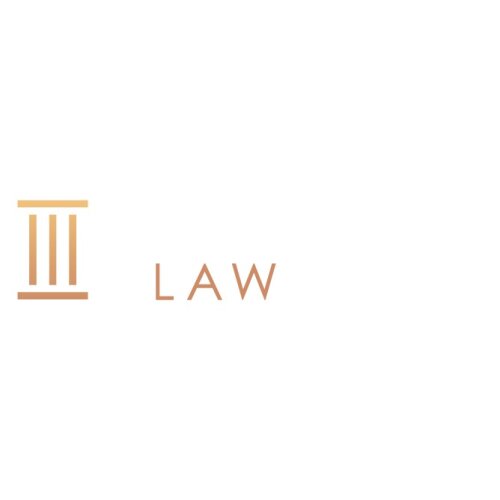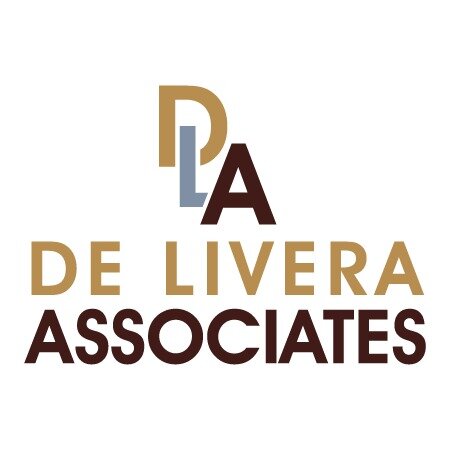Best Conveyancing Lawyers in Sri Lanka
Share your needs with us, get contacted by law firms.
Free. Takes 2 min.
Free Guide to Hiring a Real Estate Lawyer
Or refine your search by selecting a city:
List of the best lawyers in Sri Lanka
About Conveyancing Law in Sri Lanka
Conveyancing in Sri Lanka is the legal process of transferring property ownership from one person to another. Whether you are buying, selling, mortgaging, or gifting land or buildings, the laws of Sri Lanka require these transactions to follow specific formalities. Notaries Public authorized by the government must prepare the deeds and documents required for property transactions. This ensures legal validity, proper registration, and protection of the parties’ interests. The conveyancing process safeguards your investment and prevents disputes about land ownership in the future.
Why You May Need a Lawyer
Several situations make it important to seek legal advice when dealing with property in Sri Lanka. A lawyer can help you navigate complex property laws and avoid costly mistakes. Common scenarios where legal help is advised include:
- Purchasing or selling land, houses, or apartments
- Preparing or reviewing sale agreements and transfer deeds
- Matters involving joint ownership or inherited properties
- Resolving disputes over property title or boundary issues
- Handling mortgage transactions with banks
- Dealing with property under different legal regimes, such as Kandyan or Tesawalamai law
- Registering property deeds with the Land Registry
- Preventing fraud and verifying authenticity of documents
Given the value and complexity of real estate transactions, a lawyer’s role is critical for a secure and smooth conveyancing process.
Local Laws Overview
Property law in Sri Lanka is governed by a mix of statutes and customary law. Key aspects to be aware of include:
- Deeds must be Notarial: All property transfer deeds, whether sale, gift, mortgage, or lease, must be prepared and attested by a licensed Notary Public.
- Registration is compulsory: Deeds must be registered at the relevant Land Registry to be legally effective against third parties.
- Title searches: Before purchase, the title must be checked for at least 30 years to ensure there are no defects, claims, or encumbrances.
- Stamp duty and taxes: Buyers and sellers are liable for statutory duties and taxes on property transactions. Stamp duty is commonly paid by the purchaser.
- Special laws in some regions: Properties located in Kandyan, Jaffna, or Buddhist temple lands may be governed by special customary or religious laws.
- Foreign ownership rules: Foreigners are generally allowed to own property under certain conditions, with restrictions on freehold land but permitted on condominiums above fourth floor.
- Rectification and cancellation: Errors in deeds can be corrected, or transactions revoked, only through legal procedures.
Understanding these legal requirements is essential to avoid complications in property transfers.
Frequently Asked Questions
What is conveyancing in Sri Lanka?
Conveyancing is the process of legally transferring property ownership from one party to another, involving preparation and registration of deeds by a Notary Public.
Do I need a lawyer to buy or sell property in Sri Lanka?
Yes, a lawyer or Notary Public must prepare and attest property deeds. They also conduct title searches and ensure the legal validity of your transaction.
How do I check the title to a property?
A lawyer examines prior deeds and conducts a title search at the relevant Land Registry, usually tracing ownership for at least 30 years to verify legal ownership and freedom from encumbrances.
What is the role of the Notary Public?
Notaries in Sri Lanka prepare, attest, and register property deeds, ensuring that all legal formalities are met and documents are properly executed.
What taxes or fees must I pay during conveyancing?
The main government charges are stamp duty, registration fees, and possibly value added tax, depending on the transaction type and property value.
Can foreigners buy land in Sri Lanka?
Foreigners face restrictions on buying freehold land but may purchase condominiums above the fourth floor, subject to prevailing legal conditions at the time of purchase.
What happens if there is an error in the deed?
Errors must be rectified by executing a formal deed of rectification by the same parties, prepared and registered by a Notary Public.
How long does the conveyancing process take?
It depends on the complexity of the transaction, availability of documents, and searches, but typically it takes several weeks to a few months.
What are the risks of not registering a deed?
Unregistered deeds have no legal effect against third parties and may result in the loss of ownership rights if the property is sold again to someone else.
Can I handle conveyancing without a lawyer?
No, Sri Lanka law requires Notaries Public to prepare and attest property deeds, so professional legal assistance is essential.
Additional Resources
Several organizations and government bodies can offer more information and support related to conveyancing in Sri Lanka:
- Registrar General’s Department - responsible for land and deed registration
- Ministry of Justice - setting policy and standards for notarial practice
- Bar Association of Sri Lanka - for finding licensed notaries and conveyancing lawyers
- Legal Aid Commission of Sri Lanka - offers advice and legal services for eligible individuals
- Department of Inland Revenue - information on taxes and stamp duties for property transactions
Next Steps
If you are planning to buy or sell property or have any concerns about real estate transactions, the following steps are recommended:
- Contact a qualified Notary Public or property lawyer early in the process
- Gather and organize all relevant ownership and identity documents for the property
- Conduct a title history search with your lawyer’s help
- Discuss transaction details and clarify legal obligations with your legal adviser
- Review and sign all documents in the presence of the Notary Public
- Ensure deeds are registered and appropriate taxes and fees are paid
Conveyancing procedures can be intricate, and local laws are strictly enforced. Taking early and professional legal advice ensures your property transaction is smooth, safe, and legally secure.
Lawzana helps you find the best lawyers and law firms in Sri Lanka through a curated and pre-screened list of qualified legal professionals. Our platform offers rankings and detailed profiles of attorneys and law firms, allowing you to compare based on practice areas, including Conveyancing, experience, and client feedback.
Each profile includes a description of the firm's areas of practice, client reviews, team members and partners, year of establishment, spoken languages, office locations, contact information, social media presence, and any published articles or resources. Most firms on our platform speak English and are experienced in both local and international legal matters.
Get a quote from top-rated law firms in Sri Lanka — quickly, securely, and without unnecessary hassle.
Disclaimer:
The information provided on this page is for general informational purposes only and does not constitute legal advice. While we strive to ensure the accuracy and relevance of the content, legal information may change over time, and interpretations of the law can vary. You should always consult with a qualified legal professional for advice specific to your situation.
We disclaim all liability for actions taken or not taken based on the content of this page. If you believe any information is incorrect or outdated, please contact us, and we will review and update it where appropriate.
Browse conveyancing law firms by city in Sri Lanka
Refine your search by selecting a city.

















